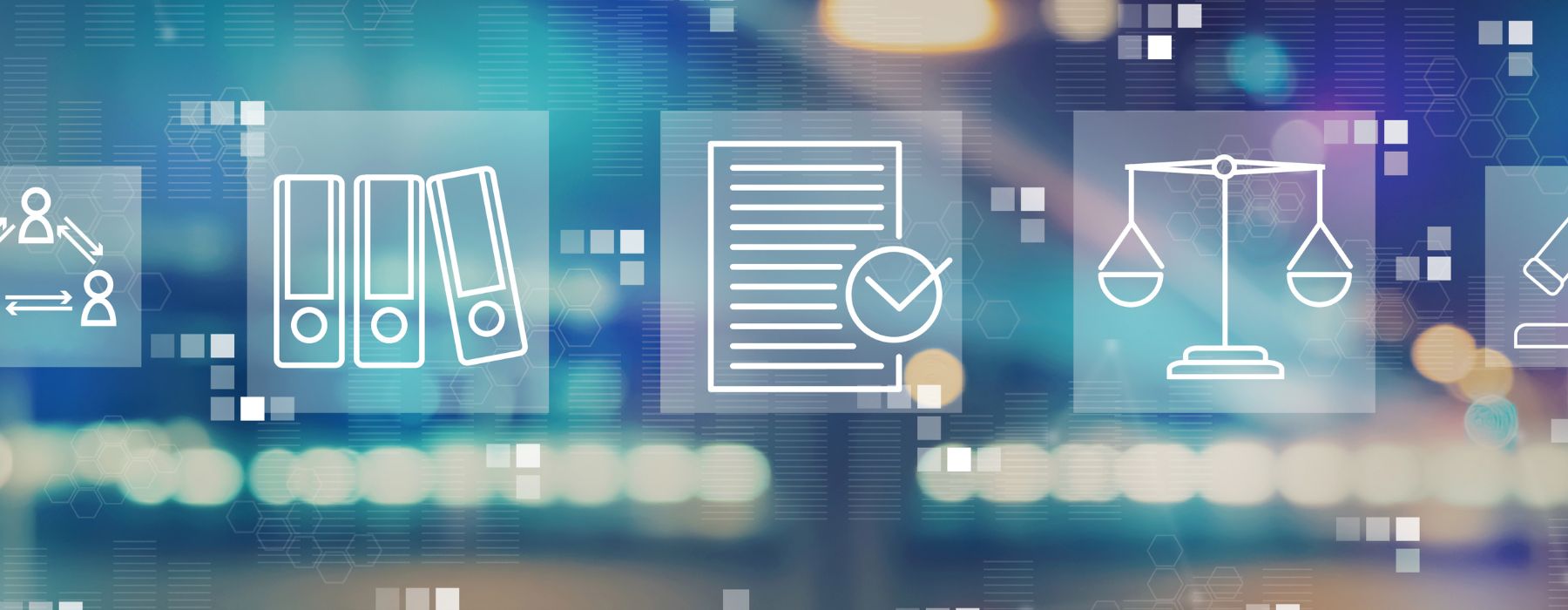The main risks related to compliance
1. KYC (Know Your Customer)
KYC encompasses all the obligations of financial entities with regard to knowing their customers. It involves identifying the customer, gaining an overall understanding of their characteristics (activity, source of funds, etc.), updating this information and exercising appropriate vigilance.
2. Combating money laundering and the financing of terrorism
The mission of Compliance is to prevent the operational risks associated with money laundering and the financing of terrorism. It coordinates the daily efforts against these risks and provides ongoing training for all employees.
3. Embargoes – International sanctions
Compliance with sanctions is an increasingly important and complex issue, which can generate significant operational risks and requires an international approach. Trade embargoes and economic sanctions are strictly observed.
4. Customer protection
Treezor pays particular attention to this major issue by implementing strong training and awareness-raising actions for its employees, by developing its tools and by strengthening the internal rules concerning the handling of customer complaints.
5. Anti-corruption
Treezor promotes the strict principles described in the Societe Generale Group Code of Conduct and complies with the strictest regulations in this area.
6. Prevention of tax evasion
Treezor has implemented control measures to ensure compliance with local laws and regulations. Treezor acts in accordance with tax transparency requirements and applies the Common Reporting Standard (CRS) to its entities. The same applies to the US Foreign Account Tax Compliance Act (FATCA), which aims to combat tax evasion schemes.
7. Outsourcing management
Treezor supervises and monitors the compliance of its service providers by applying the regulations in force on outsourcing, in particular:
-
Decree of 03/11/2014 & decree of June 2021 (transposition of EBA – PSE guidelines).
-
DORA (Digital Operational Resilience Act) for digital resilience.
-
GDPR for data protection.
This regulatory framework ensures rigorous management of contracts, risks and operational monitoring of service providers.
8. Business Continuity Plan
In the event of an emergency, Treezor monitors and ensures the resilience of its activities thanks to a business continuity plan designed to protect and quickly restore its operations, both on its own system and on those of its subcontractors. This plan includes specific measures to guarantee the availability, integrity and security of internal infrastructures as well as services provided by its partners.
9. Data protection
Sensitive to the protection of personal data, Treezor regularly strengthens its protective measures and has set up a specialised department. Since the entry into force of the European General Data Protection Regulation in 2018 (GDPR), Treezor has expanded its measures, applying the requirements of national and European regulations, particularly with regard to security, the use of personal data and the implementation of the rights of data subjects.
For more details, you can consult the Privacy Policy at the following address.
For any request for information relating to the processing of personal data by Treezor, you can write to the following address: dpo@treezor.com
10. Digital compliance
In a constantly evolving digital environment, the Digital Compliance system aims to verify Treezor’s eligibility for regulations and apply the identified requirements.
Treezor identifies and deploys the following regulations:
- Data Management (Data Act);
- Public data (Data Governance Act);
- Digital services (Digital Services Act);
- Digital marketing (Data Marketing Act);
- Artificial Intelligence (AI Act).
11. Social and environmental responsibility
Committed to a responsible approach, Treezor integrates the environmental and social requirements of the Société Générale Group while respecting regulatory obligations.
Treezor ensures that in each of its activities, its employees, as well as its subcontractors or suppliers, act in accordance with Treezor’s environmental and social obligations and commitments to ensure a responsible and sustainable economy.
To find out more about Treezor’s social and environmental commitments, please visit the following page.
